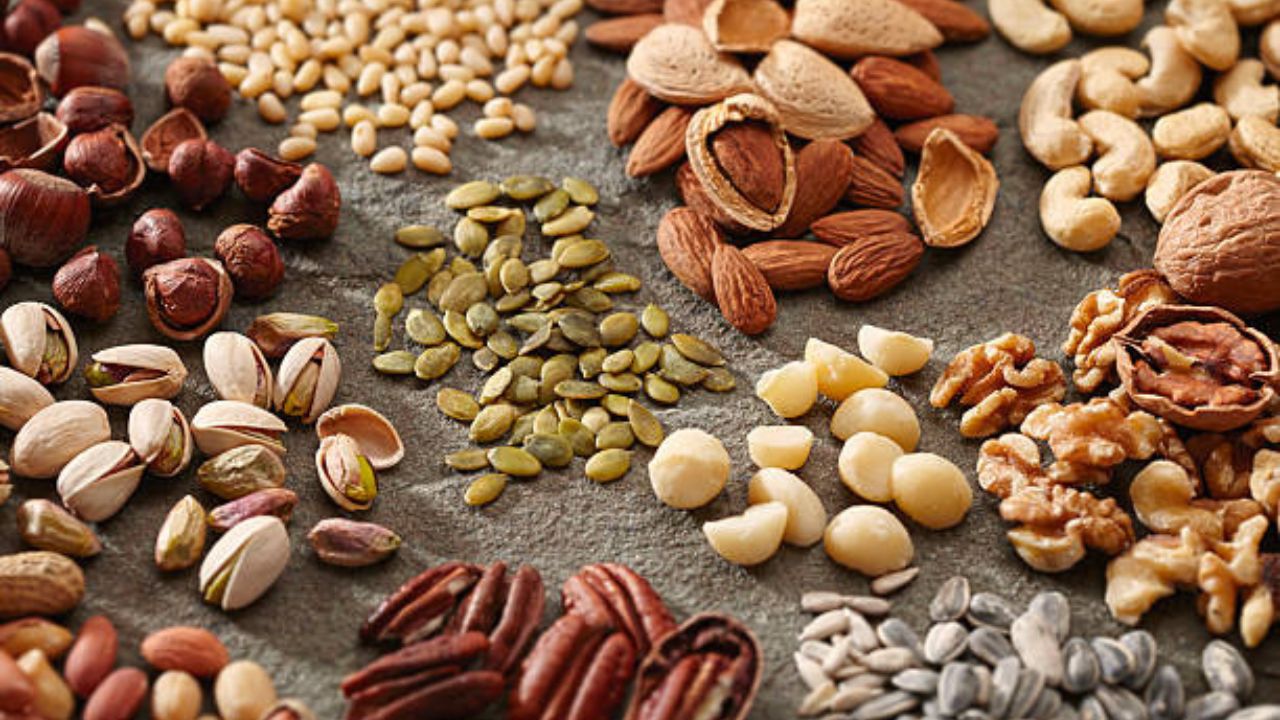When we talk about allergy to dust we are referring to allergy to mites. Read more about foods to avoid with dust mite allergy and much more.
House dust is the main source of allergens inside homes.
It can be composed of viruses, pollens, animal epithelia, textile fibers, human skin scales, mites and food debris.
Mites are arthropods belonging to a subclass of arachnids. They measure between 0.2-0.5 mm, so they are not visible to the naked eye.
The mites found in homes are house mites. These mites are found in house dust and feed on the scales of human skin. The most important mites belong to the Dermatophagoides family.
The mites that inhabit the warehouses are the storage mites and to this group belong Lepidoglyphus destructor and Tyrophagus putrescentiae.
Mites need a humidity of 70% and a temperature around 21ºC to reproduce, so mites are more important in coastal areas and on islands.
In the central area of the peninsula they are a rare cause of allergy.
Mites proliferate more in spring and autumn.
We can find house mites in bed mattresses, blankets, duvets, rugs, carpets, upholstered furniture, stuffed animals or clothing. Storage mites are found in warehouses where food, cereals or hay are stored.
Mites release particles that float in the air and when you breathe them, they cause allergies.
The particles that cause the most allergies are found in the feces of the mites.
Mites can produce symptoms of rhinitis, conjunctivitis, asthma or skin problems in sensitized people.
Recommendations for the patient allergic to mites:
- Remove dust from the house with a damp cloth.
- Use a vacuum cleaner better than a broom. Frequently vacuum bed mattresses and sofas.
- Remove rugs and carpets from the house and do not have too many stuffed animals or books in the bedroom of allergic children.
- Avoid upholstered headboards.
- Use easy-to-wash curtains.
- Use mattresses that are not hollow as more mites can accumulate inside them. They can be latex or viscoelastic. Wool or springs are not recommended.
- Wash bedding weekly at a temperature of 60ºC.
- Dust mite covers can be used for mattresses and pillows to prevent the passage of dust mite particles.
- Frequently clean air conditioning or heating devices.
- Ventilate the rooms well.
To treat allergy to mites, avoidance measures, symptomatic treatment according to the patient’s clinic or specific immunotherapy for mites will be used.
Foods to avoid with dust mite allergy

In adults, the specialist has insisted on being careful with nuts, shellfish and fish, and in children with foods such as eggs, dairy products and wheat.
Foods that fight allergies
Although the treatments are varied depending on the cause of the allergy, the nutritionist and professor at the Universidad del Pacífico, Steffanie Chambers, explains that our diet also influences.
Control histamine
According to the specialist, there are toxic foods that promote immune activation and its clinical manifestations. “Fermented foods or foods that have been exposed to microbiological contamination may contain histamine or stimulate its production in the body. Studies on this potential effect of food are still ongoing, however some foods and how they might be involved have already been identified,” she explains.
Histamine is a substance that acts in the body as a hormone and as a neurotransmitter, and which causes many of the symptoms of allergies, such as runny nose or typical sneezing.
So what are the foods to avoid with dust mite allergy? The nutritionist points out that we should reduce the consumption of fermented products such as cheese, beer and wine, as well as some vegetables such as aubergines.
Other foods that stimulate the release of histamine are raw sausages, strawberries, tomatoes, chocolate and any type of alcohol.
In this sense, the FDA (Food and Drug Administration) includes 8 allergenic foods that could cause serious food allergies or aggravate existing conditions, provided that the person has specific antibodies such as immunoglobulin E: cow’s milk, eggs, fish, shellfish, tree nuts, peanuts, wheat and soybeans. If you know that you suffer from allergies recurrently, it is recommended that you avoid these foods as much as possible, as they would help reduce the symptoms that cause discomfort during this time.
Foods to include in your diet
There are nutrients that act as natural anti-allergics, such as vitamin C and folic acid, due to their anti-inflammatory qualities. For this reason, Stefanie Chalmers recommends eating a balanced diet, emphasizing foods that contain these vitamins and minerals. In the case of vitamin C, it is advisable to consume kiwi, broccoli, orange, spinach and Italian squash. While lentils, chickpeas, beans, lettuce and asparagus are rich in folic acid.
Similarly, the specialist comments that some “foods have been linked to the decrease in histamine release, widely recognized for their ability to reduce the inflammatory response and oxidative stress.” Among them, she highlights the following:
- Green tea: provides catechins, with a powerful antioxidant effect, as they limit oxidative stress that enhances inflammation and allergic immune activation.
- Fruits and vegetables: they are an important source of antioxidants and fibers, therefore they limit the phenomena that can induce the release of histamine (they prevent the accumulation of waste in the intestine and cellular oxidative stress). Citrus fruits such as lemon and kiwi are highly recommended, in addition to apple, banana, pear, figs, grapes, mango, melon and watermelon.
- Quercetin: an antioxidant to which antiallergic properties are attributed. It is present in foods such as garlic, onion, pears, cherries and oats, among others.
Take care of your health and that of those you love most with a balanced diet, rich in vitamins and minerals. Make sure you consume 2 servings of fruit and 3 servings of vegetables daily, in addition to always staying hydrated.
If you suffer from allergies, try to include the recommended foods in your diet and avoid those that can aggravate the symptoms. If you have doubts, it is important that you consult a specialist to help you solve them.
